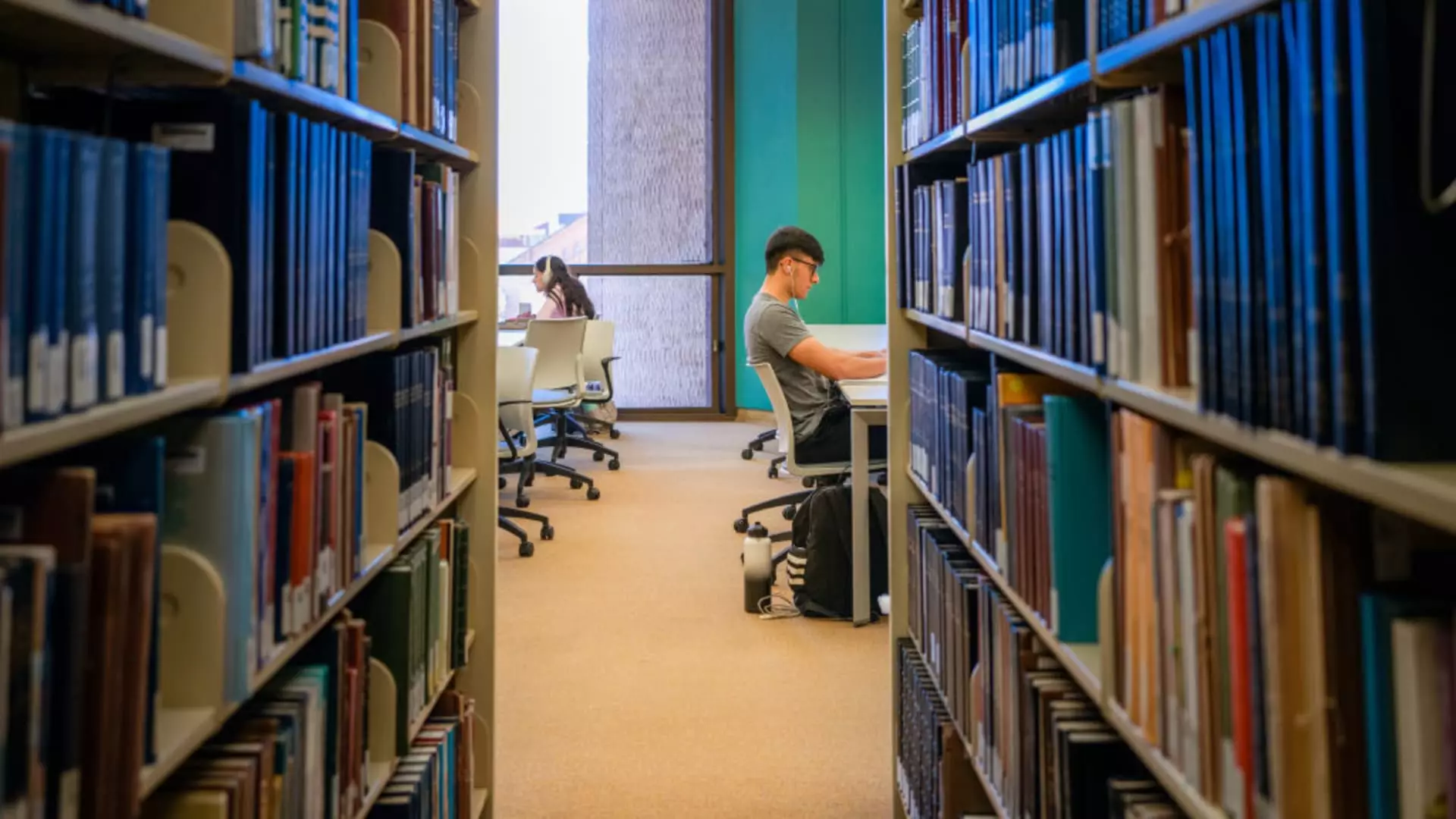In an era where economic inequality continues to surge, one of the most insidious failures is the government’s abandonment of its commitments to struggling student loan borrowers. The recent pause on student loan forgiveness, specifically under the Income Based Repayment (IBR) plan, exemplifies a profound neglect of a vulnerable population that depends on these safety nets. It’s a blatant demonstration of the government’s inability—or unwillingness—to prioritize economic justice over political expediency. Rather than acting as a responsible steward of public policy, the government’s delay and silence reveal an uncomfortable truth: that millions of Americans have been left in limbo, forgotten and betrayed by a system that claims to serve them.
The Impact of a Broken Promise
For nearly two decades, income-driven repayment plans like IBR have been a lifeline for families grappling with crushing student debt. These plans were designed to offer a glimmer of hope, setting affordable payments based on discretionary income and promising debt forgiveness after 20 or 25 years. Yet, that promise remains unfulfilled. The Department of Education’s decision to pause discharges—initially justified as a response to court rulings—is arguably a calculated abdication of duty. Such delays erode the very foundation of trust in public institutions, which are supposed to protect and uplift those in need.
The consequences are painfully real. Nearly 2 million borrowers are caught in limbo, watching their debts linger without relief, with no clear timeline for resolution. Meanwhile, advocates and lawmakers like Senator Bernie Sanders have loudly criticized this stance, condemning the administration’s inaction during a time when ordinary Americans are struggling with skyrocketing housing costs, healthcare bills, and inflation. These debts are not mere numbers—they are the weight of unmet promises and systemic failures. To delay or deny relief in such circumstances is not just bureaucratic indecisiveness; it is a moral failing.
The Legal and Political Abyss
The pause on student loan forgiveness is not an isolated incident; it’s entangled in a broader legal and political thicket. Recent court decisions, notably the blocking of the Biden-era SAVE plan, have complicated the debt relief landscape. The Department of Education claims that these legal rulings have delayed progress on discharges, but the underlying message is unsettling: the government seems more committed to legal technicalities than to delivering on its commitments.
This raises critical questions about the consistency and fairness of the administration’s stance. By choosing to suspend discharges now, the government effectively penalizes borrowers for legal restrictions outside their control, turning them into collateral damage in a broader ideological battle over student debt policy. It’s a troubling demonstration of how political battles—often driven by ideological rigidity—can override the urgent needs of millions who have already sacrificed so much for their education.
The Broader Implications for Society and Economy
The postponement of debt forgiveness isn’t just a bureaucratic inconvenience; it signals a deeper flaw in our societal priorities. When policies are delayed or manipulated to serve political ends, it perpetuates inequality and discourages responsible borrowing and financial planning. Borrowers remain trapped, unable to leverage debt relief as a path toward economic stability or upward mobility. This stifles not only individual financial health but also hampers broader economic growth, as former students continue to struggle under the weight of their debts.
Furthermore, such governmental delays reinforce the notion that economic suffering is an acceptable collateral of political battles. The social contract—one that promises fairness, relief, and support—seems to be fraying at the edges. Instead of fostering hope and progress, official inaction risks deepening cynicism and distrust among the populace. Ordinary Americans deserve policies rooted in compassion and fairness, not strategic postponements and political games.
The Case for a Progressive, Equitable Future
A more humane approach would recognize student debt relief as an essential component of social responsibility—not a political bargaining chip. Addressing this crisis requires urgent reforms that prioritize transparency, accountability, and justice for borrowers who have been disproportionately affected by the rising cost of education. Instead of perpetuating delays and obfuscations, administrators should work proactively to restore trust and restore the promise of debt forgiveness.
At its core, this issue underscores the failure of a political system that often privileges spectacle over substance, short-term gains over long-term stability. As a center-left liberal, I believe that equitable policies—like restoring debt forgiveness—are cornerstones of a fair society. They are investments in the future of millions who aspire to economic mobility, not burdens to be perpetuated by bureaucratic inertia. There needs to be a moral reckoning—an acknowledgment that the broken promises of today’s policy do not merely affect individual lives, but threaten the very fabric of our social contract. Until then, the persistent delay on student debt relief remains a stark symbol of governmental neglect and moral failure.

